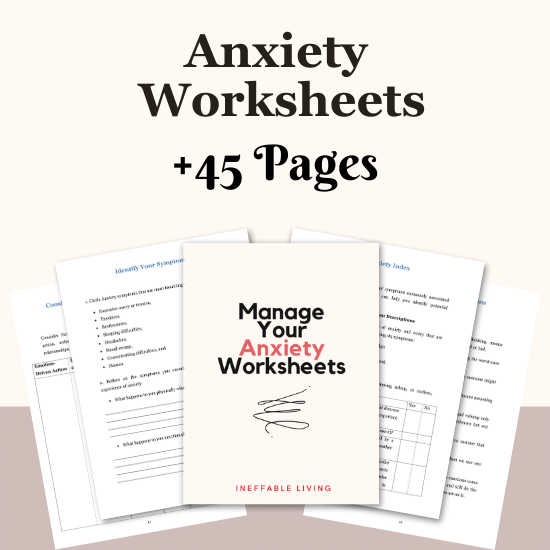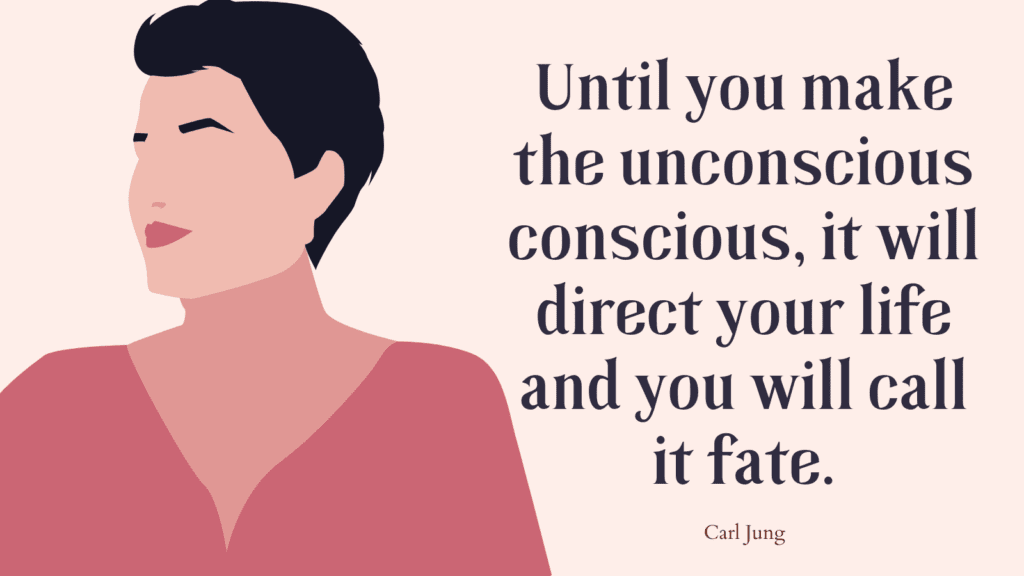Menopause is a significant phase in a woman’s life, often accompanied by numerous physical changes.
However, its impact on mental health is equally profound and often underestimated.
Anxiety, depression, and panic attacks are some of the mental health challenges many women face during this transition.
This post explores how menopause affects mental health and provides insights into effective treatments.
The Onset of Menopausal Anxiety
Menopause can dramatically affect a woman’s mental health.
Mel Robbins, a bestselling author and life coach, shared an encounter with a middle-aged woman experiencing panic attacks for the first time.
This new onset of anxiety prompted the question: what has changed biologically?
For many women, the answer lies in the hormonal changes associated with menopause.
Beyond Hot Flashes: The Broader Impact of Menopause
Menopause is often associated with hot flashes and the end of menstrual periods, but its effects are far more extensive.
Perimenopause, the transitional phase leading up to menopause, usually begins in your 40s and bring about changes in sleep, mood, and overall mental health.
Declining estrogen levels can make women more vulnerable to stress, leading to increased anxiety, depression, and panic attacks.
Other common symptoms include heart palpitations, restlessness, irritability, and mood swings.
Sleep disturbances, such as insomnia and night sweats, further exacerbate these issues, contributing to a vicious cycle of mental and physical discomfort.
Brain fog, characterized by memory lapses and difficulty concentrating, adds to the frustration many women experience during this time.
The Challenge of Medical Gaslighting
One of the significant issues women face is the lack of adequate medical support and understanding regarding menopause.
Women’s health concerns are often downplayed, and symptoms are dismissed as “just anxiety” or “just menopause,” without offering effective strategies for management.
This phenomenon, known as medical gaslighting, can leave women feeling unsupported and misunderstood.
It is crucial for women to educate themselves about menopause and seek out healthcare providers skilled in treating menopausal symptoms.
Advocating for oneself and demanding appropriate care can make a significant difference in managing this life transition.
Related: How To Release Emotions Trapped In Your Body?
Effective Treatments for Menopausal Symptoms
Managing menopausal symptoms involves a multi-faceted approach, including hormone replacement therapy (HRT), nutrition, sleep, and exercise.
1. Hormone Replacement Therapy (HRT):
HRT can be an effective treatment for managing menopausal symptoms, including mental health issues.
Studies show that women who start HRT during perimenopause have a lower incidence of new mental health disorders compared to those who do not. (source)
While HRT is not the primary treatment for mental health issues, it can be a powerful adjunct therapy, especially when traditional treatments like SSRIs (selective serotonin reuptake inhibitors) are not effective.
There are concerns about the risks associated with HRT, particularly regarding breast cancer. However, recent studies suggest that the risk is very low for most women, and the benefits often outweigh the risks. (source)
It’s essential to work with a knowledgeable healthcare provider to determine the best course of action.
2. Nutrition:
Nutrition plays a critical role in managing menopausal symptoms.
Anti-inflammatory diets, rich in omega-3 fatty acids, fruits, vegetables, legumes, seeds, and nuts, can help reduce inflammation and improve brain health.
Micronutrient supplementation, including magnesium, vitamin D, and fiber, is also crucial. Deficiencies in these nutrients can affect brain health and overall well-being.
Working with a healthcare provider to determine the right supplements can be beneficial.
3. Sleep:
Adequate sleep is vital for mental and physical health. Menopausal women often experience sleep disturbances, which can exacerbate anxiety and depression.
Establishing a regular sleep routine, creating a comfortable sleep environment, and addressing any underlying sleep disorders can help improve sleep quality.
Related: How To Stop Worrying And Fall Asleep?
4. Exercise:
Regular physical activity is essential for managing menopausal symptoms.
Exercise helps reduce stress, improve mood, and promote overall health.
Finding activities that you enjoy and incorporating them into your daily routine can make a significant difference.
The Positive Aspects of Menopause
While menopause brings many challenges, it also offers opportunities for personal growth and self-discovery.
For one, the end of menstrual periods means no more dealing with the inconveniences of menstruation and birth control.
Additionally, menopause often comes at a time when women may have more freedom to pursue their interests, careers, or hobbies, as they might not be caring for young children anymore.
Menopause can also bring emotional stability and increased confidence.
Many women find that they become more assertive and less concerned about what others think.
This period can be a time to focus on personal health, explore one’s true self, and evaluate life goals and values.

Conclusion
Menopause is a natural part of life, and with the right approach, women can manage its challenges and embrace the new opportunities it brings.



